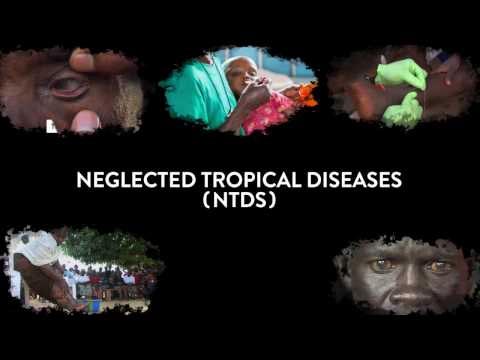NE HEALTH BUREAU
GANDHINAGAR, JAN 30
The Gujarat government has set itself the target of eliminating the Neglected Tropical Diseases before 2030, says a top officer on Saturday.
Speaking about the state’s determination to address the challenge of NTDs, Dr GC Patel, Joint Director, NVBDCP, Government of Gujarat, said: “We remain committed to ensuring India meets its NTD elimination target much before 2030”. We are committed for elimination of Filariasis and prevent mortality and reduce morbidity due to Dengue and Chikunguniya.”
World Neglected Tropical Diseases (NTD) Day, which is being observed today across India, is a key moment in the fight against NTDs, a group of preventable diseases include Lymphatic Filariasis (Hathipaon), Visceral Leishmaniasis (Kala-Azar), leprosy (Kusht-Rog), dengue, chikungunya, snakebite, rabies etc. that are responsible for killing and disabling millions of people in India every year.
Now, as India takes a stand against NTDs in alignment with the WHO NTD Roadmap 2021-2030, Gujarat has reiterated its commitment to ensuring that India’s NTD elimination goals are met.
Prevention and control of endemic NTDs are being prioritised through national disease control programmes for Lymphatic Filariasis, Visceral Leishmaniasis, Leprosy, Rabies, Soil-transmitted Helminthiasis and Dengue which have globally aligned strategies and dedicated annual financial outlay. Significant progress has been made towards achieving the elimination targets for Visceral Leishmaniasis (Kala-azar) and Lymphatic Filariasis (LF) in India. India has successfully reduced Visceral Leishmaniasis as 97% of endemic blocks have achieved the target of elimination (less than 1 case of VL per 10,000 population).
Of the LF endemic districts, 98 out of 272 have been validated for interruption of transmission (TAS-1) and have successfully stopped MDA. Dengue remains a challenge due to its rapid geographical spread, but India is sustaining the case fatality rate at less than 1% since 2008. Service delivery for all diseases including NTDs is through the agency of public health systems. Platforms are being created for Filaria, Visceral Leishmaniasis, Soil-transmitted helminthiasis and leprosy to harmonize elimination efforts in case finding, vector control, mass drug administration etc. wherever possible. Intersectoral coordination for vector control is being strengthened such that gains made for dengue, filaria, and VL individually, reap collateral benefits for each other.
In Gujarat, NTDs like Dengue, Chikunguniya, and Filariasis are significant public health challenges. However, the state has been taking concrete steps against these diseases. While COVID-19 diverted resources and attention away from other critical health issues like NTDs, Gujarat was quick in resuming NTD related activities in alignment with the WHO’s guidance.
Speaking about the state’s efforts against NTDs, Dr. G C Patel said that through an integrated vector management approach we will eliminate Filariasis in state and reduce 50% morbidity due to Dengue and Chikunguniya. We are confident that our efforts will pave the way for building an NTD-free generation in India.









